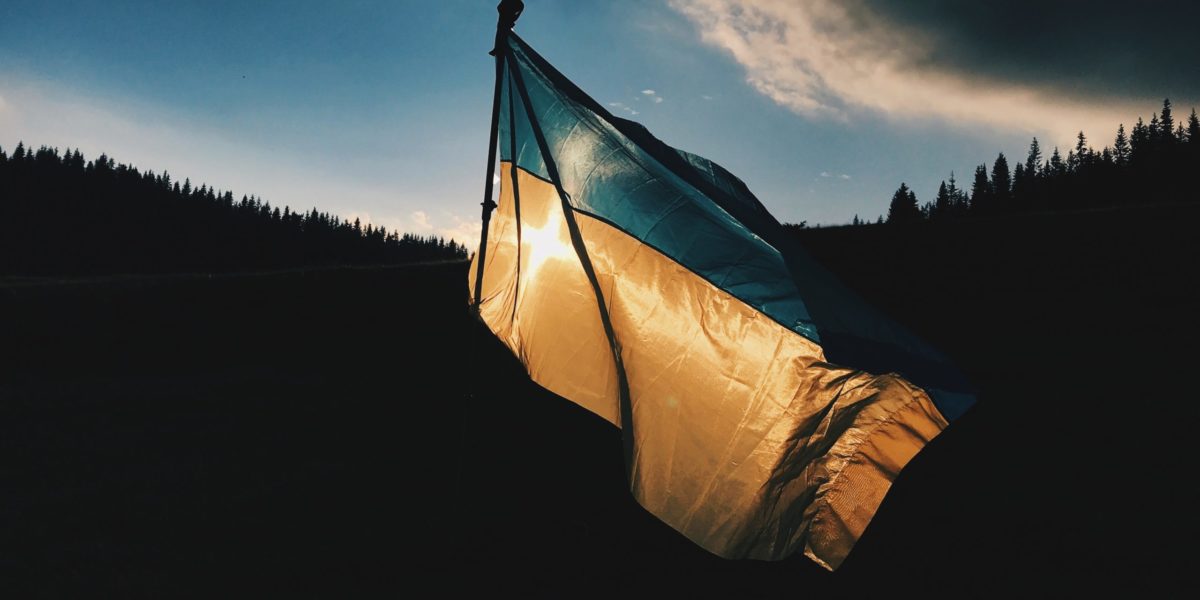The Russian invasion of Ukraine has brought many issues to the forefront. Issues which for many, including myself, had lain somewhat dormant for years, losing their edge as the world carried on without addressing their controversial nature. Two of the issues I have in mind are related to each other, nuclear weapons and nuclear power.
The baby boomer generation, which I am a part of, was the first generation to grow up with the existential threat to life on earth posed by nuclear weapons. The Cuban Missile Crisis happened when I was in sixth grade. I went back to school after lunch one day not knowing whether we would be back home for supper. What if the Russian ships that were expected to reach the American blockade that afternoon didn’t turn back. What if that led to nuclear war, the war that we had been practicing for, learning how to hide under our desks.
This anxiety culminated in the 1980’s, as the nuclear arms race intensified, and the sad reality of M.A.D. (Mutual Assured Destruction) was on many minds. Peace marches proliferated in Canada, as opposition grew to testing Cruise missiles on Canadian territory. The documentary If You Love This Planet, by Dr. Helen Caldicott, was widely viewed. There were municipal referendums declaring nuclear weapons free zones, thanks to the work of Operation Dismantle.
And then in late 1986, Ronald Reagan and Mikhail Gorbachev got together in Reykjavik to talk about a possible nuclear arms reduction treaty. Hope was in the air. There was talk of abolishing nuclear weapons altogether. The Reykjavik Summit failed, but not entirely. It led to the 1987 Intermediate-range Nuclear Force (INF) Treaty, which arguably seemed to give enough reassurance that the widespread sense of urgency eased. Except for those who kept paying attention. The power to commit M.A.D. remained. But the end of the Cold War shortly thereafter provided even more reassurance.
Until Vladimir Putin as much as directly threatened the use of Russia’s nuclear arsenal against those who might think about seriously getting in the way of his plans for Ukraine.
The 1980’s were also a time of great concern and debate about the merits and dangers of nuclear energy. The partial meltdown of a reactor at Three Mile Island in Pennsylvania happened in 1979, and the meltdown of a reactor at the nuclear power plant in Chernobyl, Ukraine happened in April 1986. Both events added urgency to the debate. In Canada there was a lively debate not just about nuclear energy, but also about uranium mining and disposal of nuclear waste. For my part, a Private Member’s Motion of mine calling for a moratorium on any further development of nuclear power in Canada was debated, and defeated, in 1985.
Somehow, for a variety of reasons, in the 1990’s the debate about nuclear power died down. At the same time, concerns about global warming and climate change took centre stage in the minds of those concerned about the environment and the sustainability of the human prospect. For some, the need to reduce carbon emissions argued for more nuclear energy, but the debate itself continued to simmer rather than boil.
In 2022, Russia’s invasion of Ukraine has brought nuclear energy back into the foreground in at least two ways. Initially, it was brought back by advocates of nuclear energy. They were eager to point out that German dependence on Russian gas exports was a result of an allegedly ill-advised phase out of nuclear power. But a few days is a long time in environmental politics. Germany did not break ranks with NATO. If anything it unexpectedly changed a longstanding rule about the export of German military equipment. The next thing was the world holding its breath at the prospect of a nuclear meltdown at Ukraine’s largest nuclear facility as a result of a fire caused by Russian artillery. Indeed, the reactor in Zaporizhzhia is said to be the largest reactor in Europe, much larger than the Chernobyl reactor. The possibility of a dangerously radioactive Europe was narrowly avoided. The fire was at an adjoining training building.
Whatever happens in the coming weeks and months, I hope that recent events will reignite the movement to abolish nuclear weapons, and reservations about the wisdom of nuclear energy.




